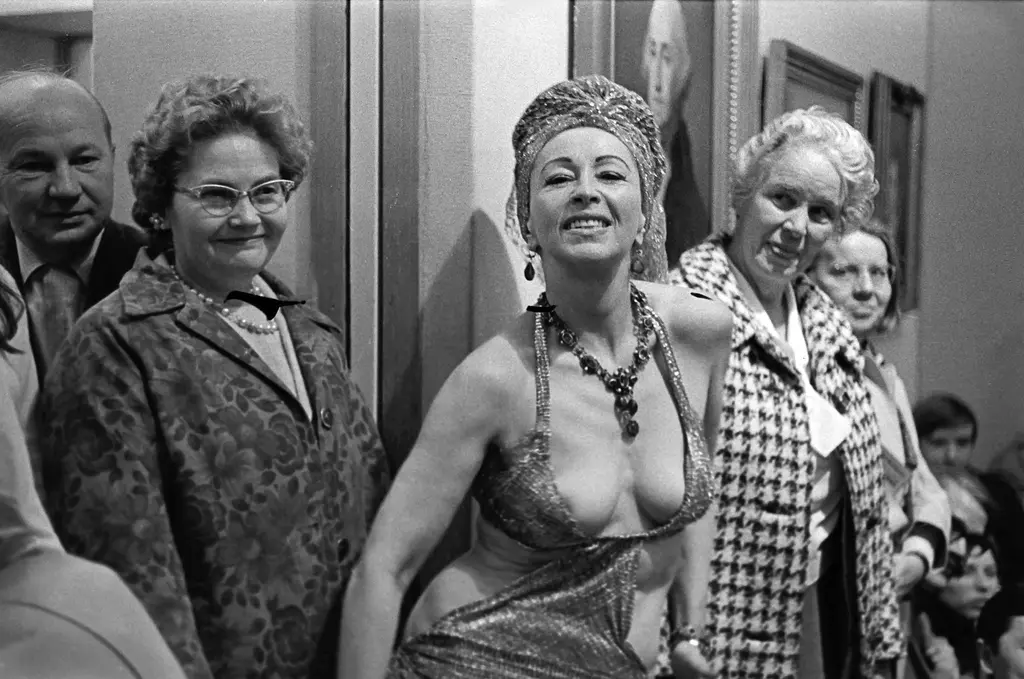A UK council has approved the first fracking site in five years
- Text by Taylor McGraa

“Shame on you! Shame on you! We say no! We say no!”, shouted the protesters in North Yorkshire yesterday, having just found out that their local council had given the green light to fracking in their area.
This decision was the first approval for fracking since a UK ban was lifted back in 2012. Despite the Frack Free Lancashire campaign racking up around 8,000 signatures to reject the drilling, North Yorkshire council chose to ignore these pleas.
Andrew Cooper – an Energy Spokesperson for the Green Party – says that in doing this, the Council has put the interest of fracking companies ahead of their community. “They have let down the people they are supposed to represent”, he explains.
Fracking is the destructive process of drilling into the earth, injecting water and chemicals at high pressure into the rock, in the hope of releasing the gas and oil inside. According to Greenpeace, there are a colossal amount of environmental dangers involved, including water contamination and increasing the rate of climate change. It’s a pretty dangerous gig. However, in 2012 the British government decided it was worth these risks and claimed that they are “all out for shale”.
Rosie Cotgreave, who works for the eco-organisation, Friends of the Earth, raises concerns about the damaging effects that fracking will have on young people. “In years to come we will be the ones having to deal with the consequences of dirty energy”, she implores, “renewables are the future – they will provide more jobs, lower energy bills and a cleaner environment for us and, of course, for next generations.
“I want to live in a world where something as basic and necessary as energy can be co-operatively organised, and provided by nature.”
Andrew Cooper also suggested how a vision like Rosie’s would be under scrutiny if the country sat back and let fracking happen. “If people don’t stand up and oppose, it may start a domino effect”, he says, worriedly. However, he’s also clear that this first approval for fracking does not mean that campaigners should give up. “A conservative council has approved a decision which is backed by a conservative government”, he explains, “that doesn’t mean that the fight is over”.
The risks are at the forefront of everyone’s concerns, and so locals have been rallying against the approval. Rosie sheds further light on this communal opposition against the decision of the council. “An unprecedented number of people objected”, she says, “they were backed up by local businesses, and local councils. This decision means more opposition to fracking, just as we saw before in Balcombe in Sussex”.
Andrew also argues that more opposition is needed in the fight, suggesting that working with local people, and direct actions of civil disobedience, were options that need to be looked at. “If laws are wrong, it is perfectly legitimate for people to protest, for people to stand up for what is right”, he suggests.
In order to avoid the financial and economic devastations of our generational future, campaigners are continuing to oppose the fracking process. A Ryedale District Councillor, Di Keal, expressed her outrage in the decision of the council, but also echoed Andrew’s sentiments in hope for the future of anti-fracking campaigns. “It astounds me that they trampled on [the communities] views and granted permission to a company that wants to industrialise Ryedale”, she says, “but campaigners against this hugely damaging industry will continue to fight to prevent widespread fracking across Ryedale, Yorkshire and across the UK”.
Enjoyed this article? Like Huck on Facebook or follow us on Twitter.
Latest on Huck

Maryam El Gardoum is breaking new shores for Morocco’s indigenous surfers
The Amazigh Atlantic — Through her groundbreaking career and popular surf school, the five-time Moroccan champion is helping women find their places in the waves.
Written by: Sam Haddad

Youth violence’s rise is deeply concerning, but mass hysteria doesn’t help
Safe — On Knife Crime Awareness Week, writer, podcaster and youth worker Ciaran Thapar reflects on the presence of violent content online, growing awareness about the need for action, and the two decades since Saul Dibb’s Bullet Boy.
Written by: Ciaran Thapar

Volcom teams up with Bob Mollema for the latest in its Featured Artist Series
True to This — The boardsports lifestyle brand will host an art show in Biarritz to celebrate the Dutch illustrators’ second capsule collection.
Written by: Huck

A visual trip through 100 years of New York’s LGBTQ+ spaces
Queer Happened Here — A new book from historian and writer Marc Zinaman maps scores of Manhattan’s queer venues and informal meeting places, documenting the city’s long LGBTQ+ history in the process.
Written by: Isaac Muk

Nostalgic photos of everyday life in ’70s San Francisco
A Fearless Eye — Having moved to the Bay Area in 1969, Barbara Ramos spent days wandering its streets, photographing its landscape and characters. In the process she captured a city in flux, as its burgeoning countercultural youth movement crossed with longtime residents.
Written by: Miss Rosen

Tony Njoku: ‘I wanted to see Black artists living my dream’
What Made Me — In this series, we ask artists and rebels about the forces and experiences that shaped who they are. Today, it’s avant-garde electronic and classical music hybridist Tony Njoku.
Written by: Tony Njoku

